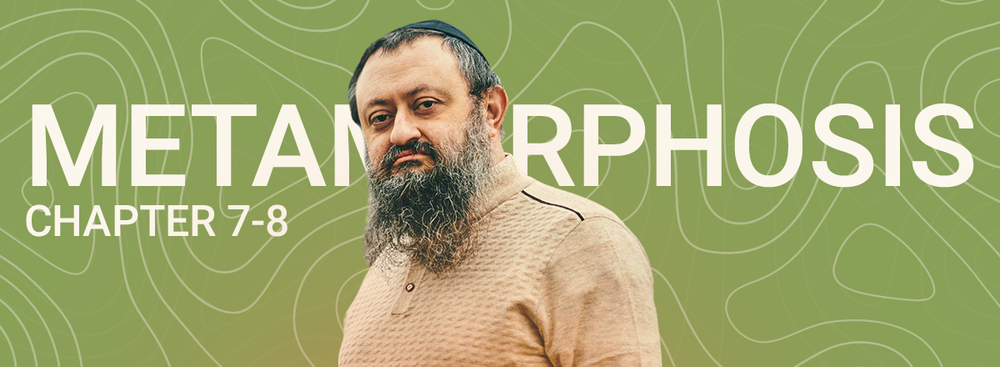In 2018, Dr. Vladimir Zelenko published an autobiographical book Metamorphosis, in which he talks about how he, being a completely non-religious young man, came to faith, and how he overcame a serious illness. The book has multiple positive reviews online and was well received by the readers all around the world.
Today, we are publishing the seventh and the eighth chapters of the book.
§7
MEDICAL SCHOOL
After the summer, I returned to Buffalo to start my second year of medical school. At this point, I was fully committed to living an observant life and felt at home with Chabad-Lubavitch.
In the first year of medical school, we learned about the normal structure and function of the human body. In the second year, the emphasis was on disease and dysfunction. There is a well-known syndrome called “the second-year medical student disease.” Almost every student during this year thinks that something is seriously wrong with them. I was no exception. One day, I had chest pain, and I was convinced that I was having a heart attack. I drove myself to the emergency room. All tests were normal, and it was gas. As I became more observant, some new challenges presented themselves.
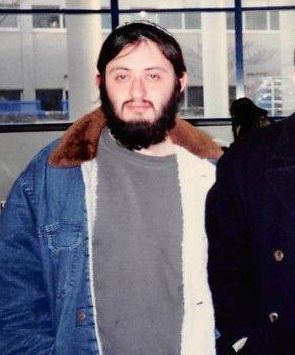
I found it difficult to focus on the task before me. When I was in school, my mind would wander and pull me toward learning Torah. When I was learning Torah, my thoughts would tell me I should be studying medicine. As a result, my progress in both disciplines suffered. The situation required a good amount of effort to correct. I had to hyper-focus my mind on the task before me. When I was learning Torah, I was only learning Torah. When I was studying medicine, I was only studying medicine. I found that by compartmentalizing my spiritual and academic pursuits I began to thrive in both disciplines. I found this skill very useful in many other aspects of my life in the future.
As my second year of medical school was ending, I decided to take a leave of absence for one year. I understood that to successfully run a Jewish home and family in the future, I needed to fully immerse myself in Torah learning. I needed to learn how to learn. Up to this point in my spiritual development, I was essentially dependent on others to teach me. I knew that Torah learning is a lifelong endeavor and that I needed to acquire the skill set to learn independently. I was accepted to Yeshivah Ohr Tmimim in Kfar Chabad, Israel.
§8
KFAR CHABAD
I arrived at Yeshivah Ohr Tmimim in the summer of 1997. The yeshivah was in a small village and was isolated from the rest of the world. It was the perfect place to discon- nect and seclude oneself from the mundane world and connect to Divinity. The intensity of study made medical school seem like kindergarten. The daily schedule was from 7 a.m. to 10 p.m. Besides the technical learning and prayer, the yeshivah had weekly farbrengens[1]. They were frequently led by Rabbi Schneur Zalman Gafne. Rabbi Gafne is one of the most remarkable people I have ever met. He became and is still my mentor. His talks would elevate the soul of all who listened to them. His ability to reveal the essence of the Jewish soul was truly supernatural. One time I witnessed a Jewish college student, who was traveling through Israel, attending one of Rabbi Gafne’s talks. The very next week he had cut off his ponytail and was a student in the yeshivah. This happened very frequently.
farbrengen:Chassidic gathering. ↩︎
The yeshivah had a remarkable effect on its students and visitors. It was a factory for the revelation and cleansing of Jewish souls.On Friday afternoons, the yeshivah students were expected to leave Kfar Chabad and go out into the world to meet Jews. The idea was to provide an opportunity for our fellow brothers to put on tefillin. I was always amazed to see the effect that putting on tefillin had on people. I learned that the soul transcends time. A person may have neglected their soul’s needs for decades, but given the opportunity, the soul would reveal itself. I witnessed many people have intense cathartic experiences while putting on tefillin and saying the Shema prayer. One time I put tefillin on a man in his seventies. He told me that the last time he put on tefillin was at his bar mitzvah. While putting them on, he began to tremble and cry. He said to me that at that moment he had just remembered his father, grandfather, and G-d.
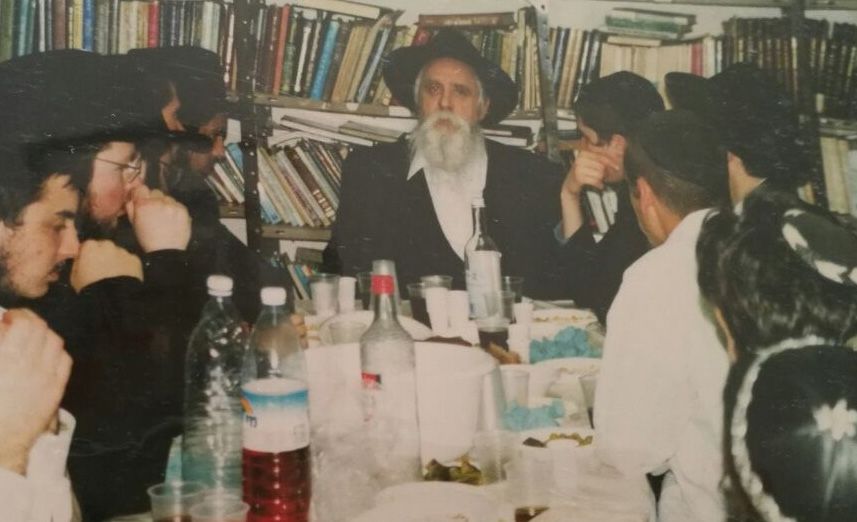
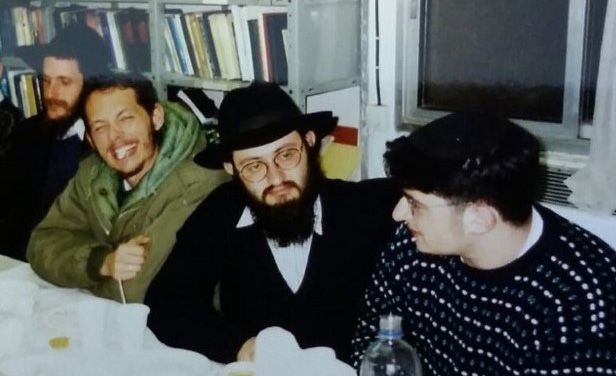
On another occasion, I went to a hospital near Kfar Chabad called Assaf HaRofeh. I went into a patient’s room and met his son who was visiting. The
patient was sleeping, I thought, so I asked the son if he would like to put on tefillin. He agreed, and I helped him with it. As he was putting on tefillin,the patient started to move and open his eyes. I simply thought that our noise had awoken him. However, that was not the case; the patient had been in a coma for several days. As his son was putting on tefillin, he began to awaken. The doctors and nurses flooded the room and I had to leave. I am not sure of what happened next.
While living in Kfar Chabad I became close to Reb Dovid and Chaya Chein and spent many Shabbos meals at their house. They were an elderly couple that had moved to Kfar Chabad from Russia after World War II. They were among the original founders of the village. Reb Dovid had significant influence on me. I was always embarrassed by being a “Russian.” Growing up being a Russian had caused me to be bullied in school. I also considered Russian immigrants as “off the boat” people representing the uncultured past that I was trying to escape. Reb Dovid taught me that being a Russian Jew is a badge of honor. He had witnessed Russian Jews sacrifice their lives to keep the flames of Judaism alive under the Soviet regime.
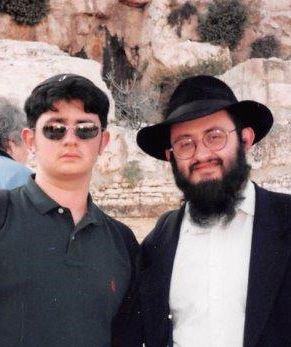
My twelve months in the yeshivah were truly transformative. I became much more proficient in learning Torah and learned how to properly focus during prayer. I also started working on internalizing Jewish knowledge to improve and refine my character. One of the central concepts in Divine service is humility, which leads to creating an inner space for the revelation of G-d’s presence in the mind and heart.
